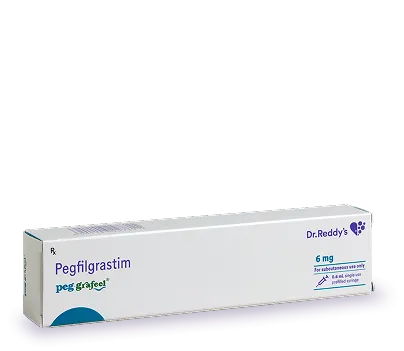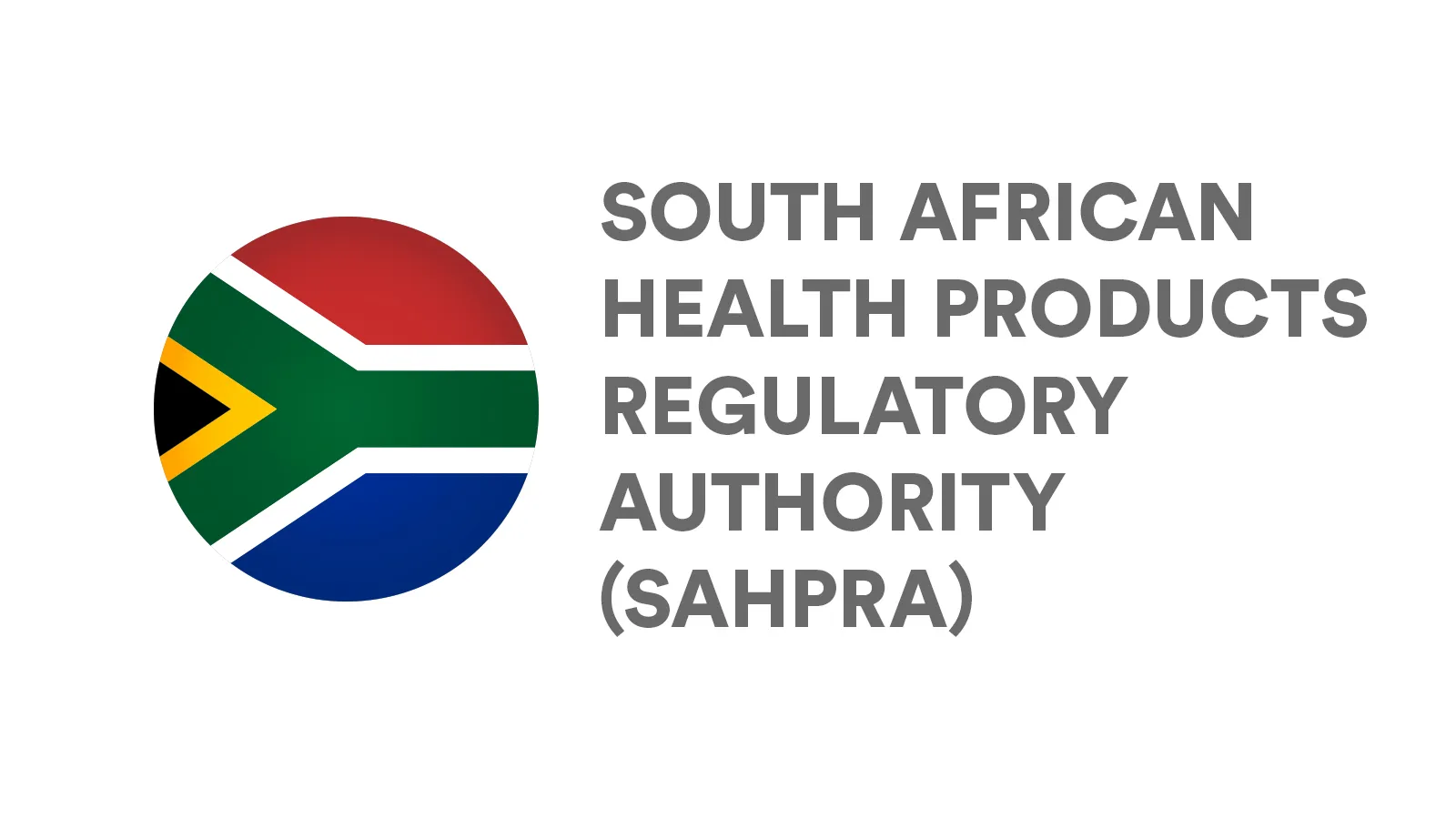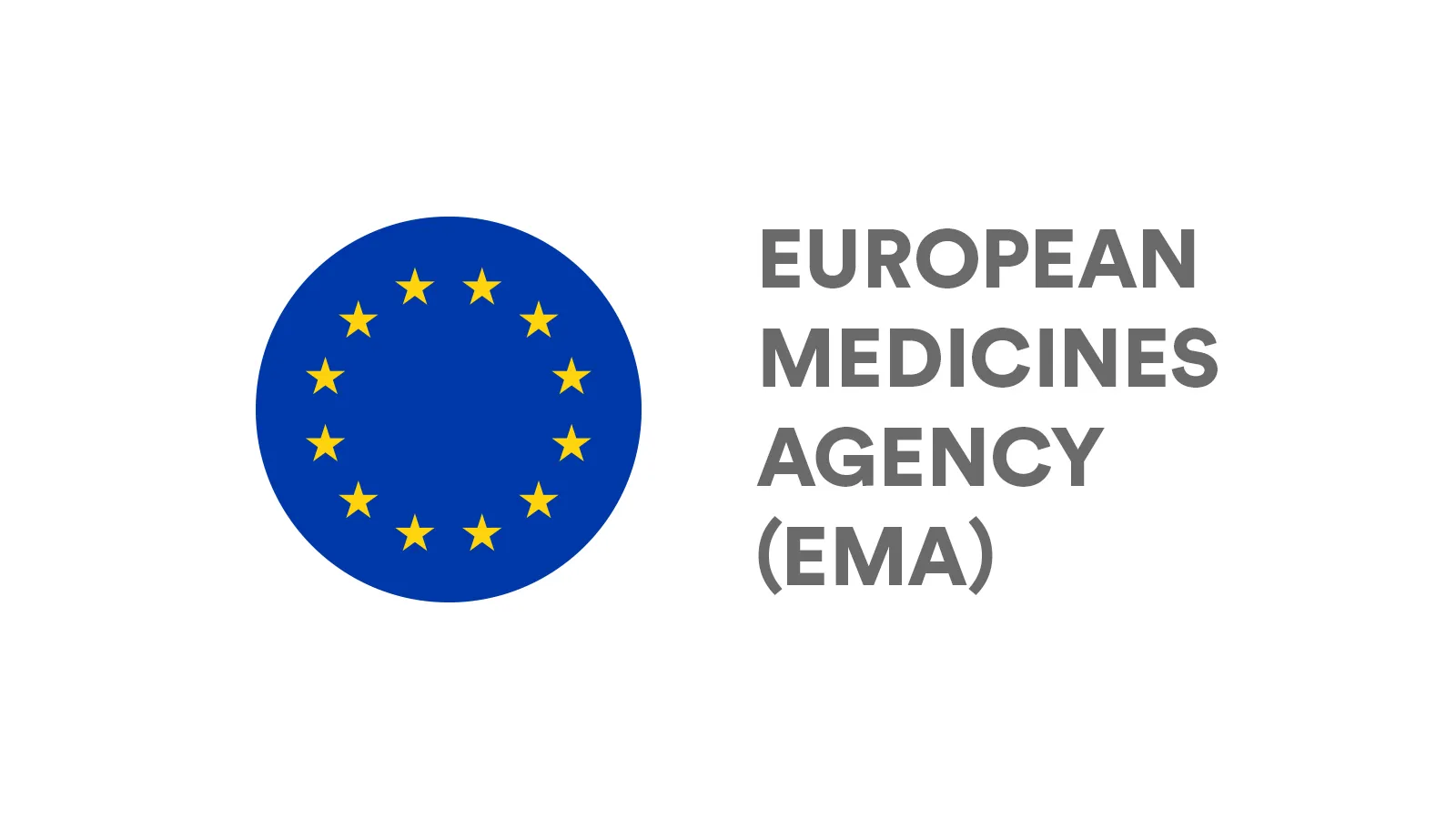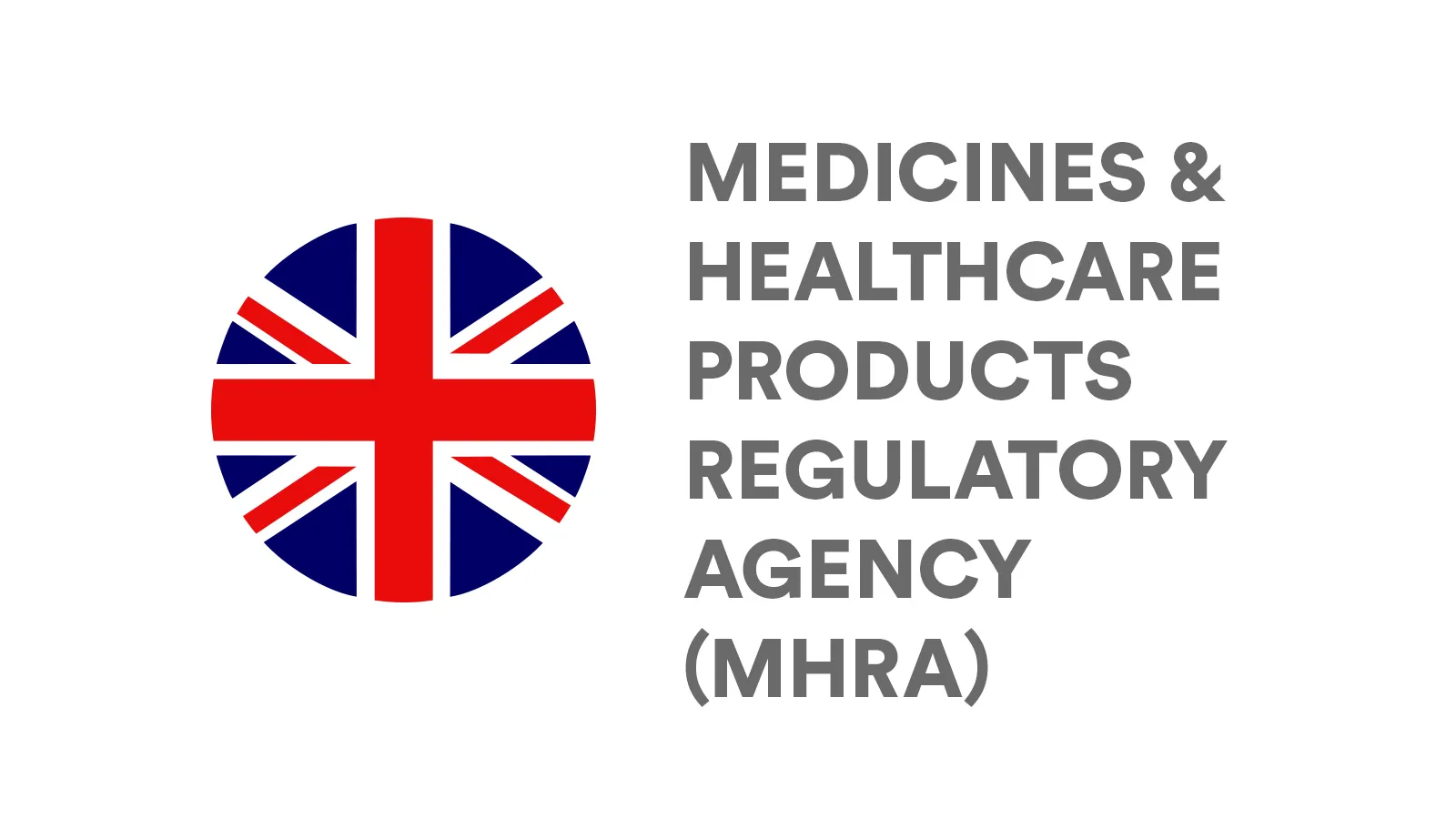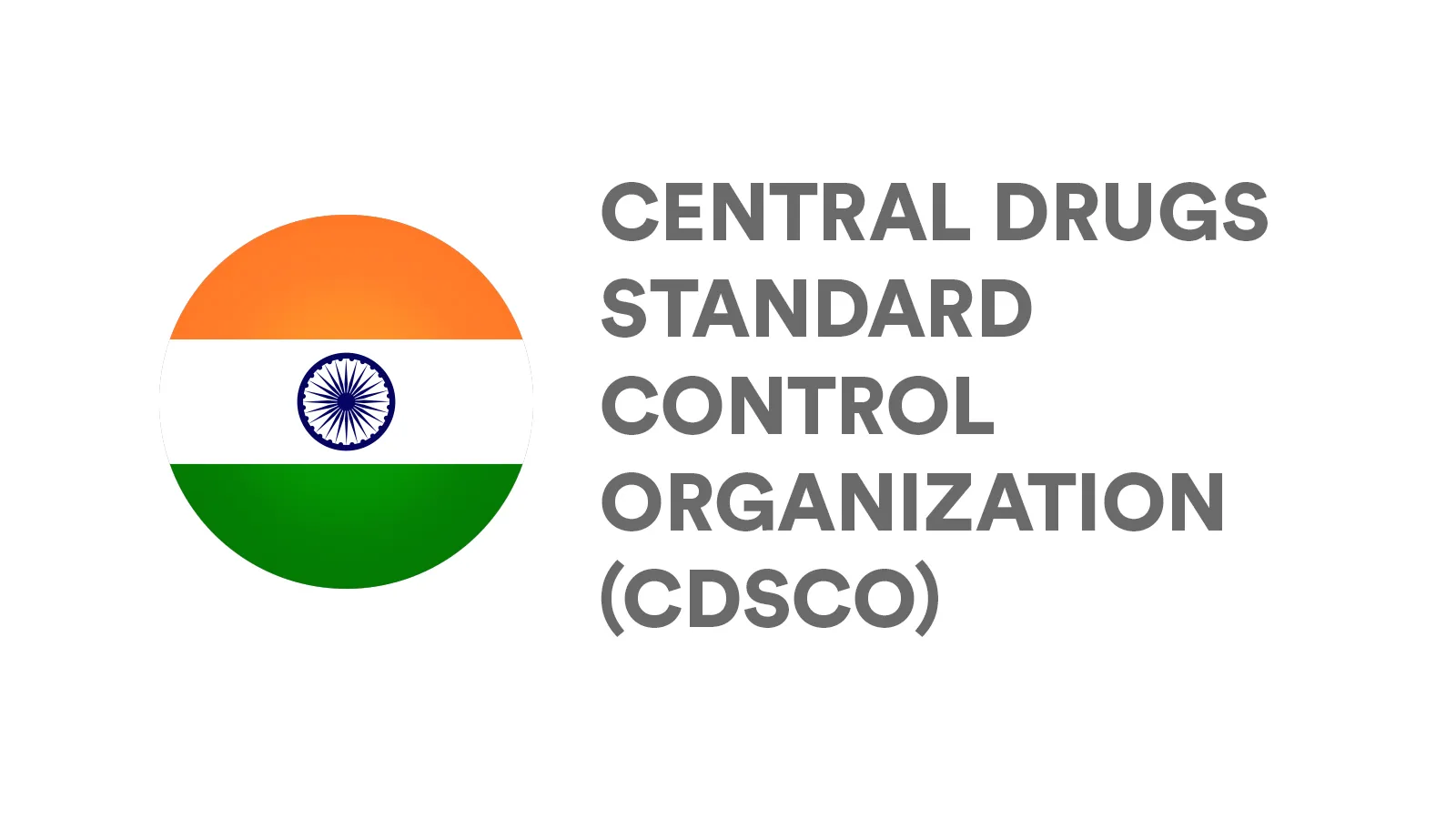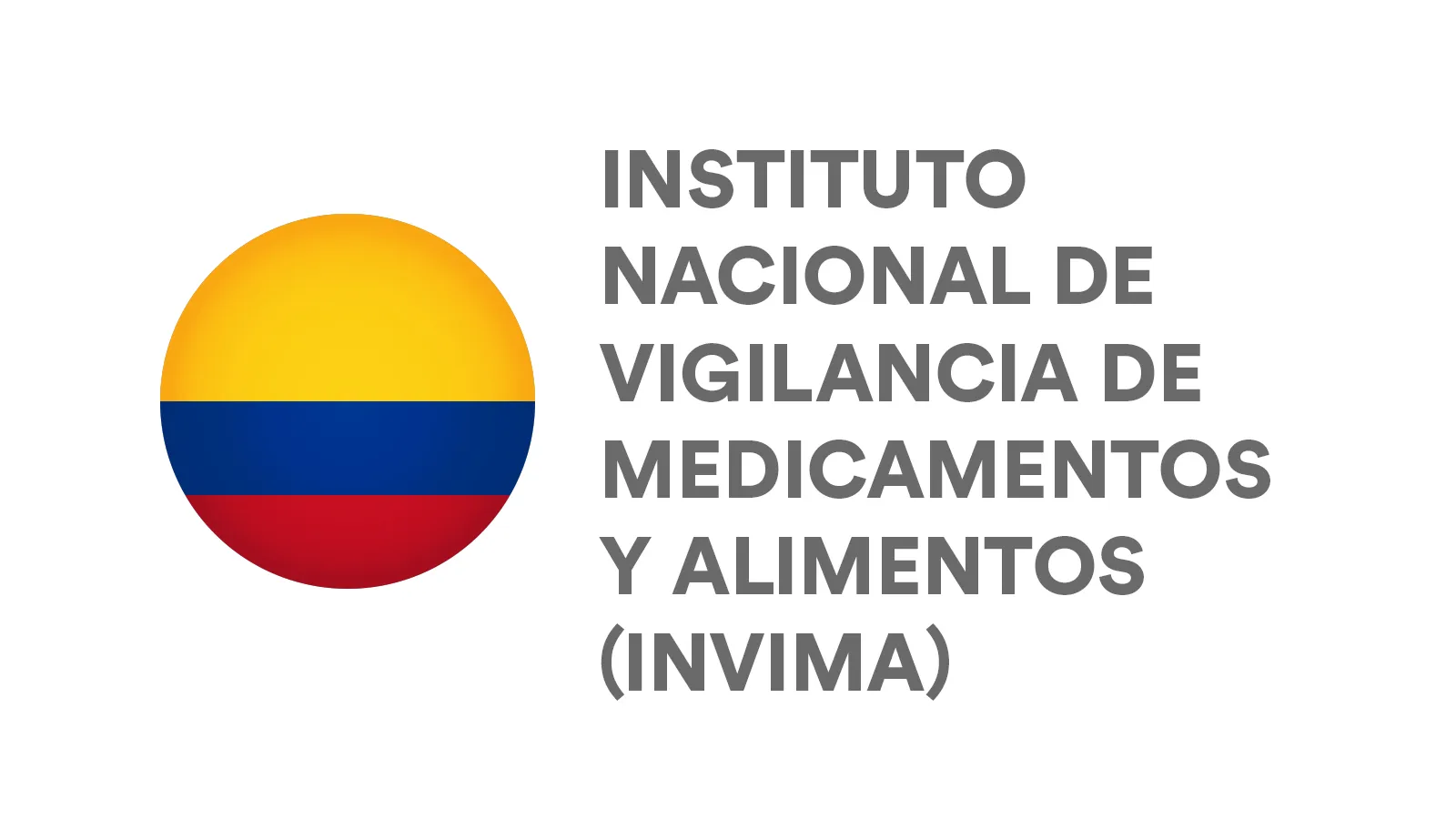What is Peg-grafeel?
Peg-grafeel is a long-acting granulocyte colony-stimulating factor (G-CSF) biosimilar of peg-filgrastim. It is designed to enhance neutrophil production, helping the immune system recover after chemotherapy. The pegylation process extends its duration of action, allowing for less frequent dosing compared to filgrastim. Peg-grafeel is primarily used as part of supportive cancer care to reduce the risk of febrile neutropenia and associated infections in patients undergoing chemotherapy.
Storage Conditions
2-8 degrees Celsius (refrigerate), Do not freeze.

Presentation
PFS containing drug.

Route of Administration
Subcutaneous (SC) (upon prescription only and administered by a healthcare provider).


How Peg-filgrastim works?
Mechanism of Action
Peg-grafeel stimulates neutrophil production by binding to G-CSF receptors on hematopoietic cells in the bone marrow. This activates the JAK-STAT pathway, leading to the proliferation, maturation, and release of neutrophils into the bloodstream. The pegylation of filgrastim prolongs its half-life, allowing for sustained action and reducing the need for frequent dosing, making it effective with a single dose per chemotherapy cycle. This helps prevent neutropenia-related infections and supports uninterrupted cancer treatment.
We Meet Global Standards
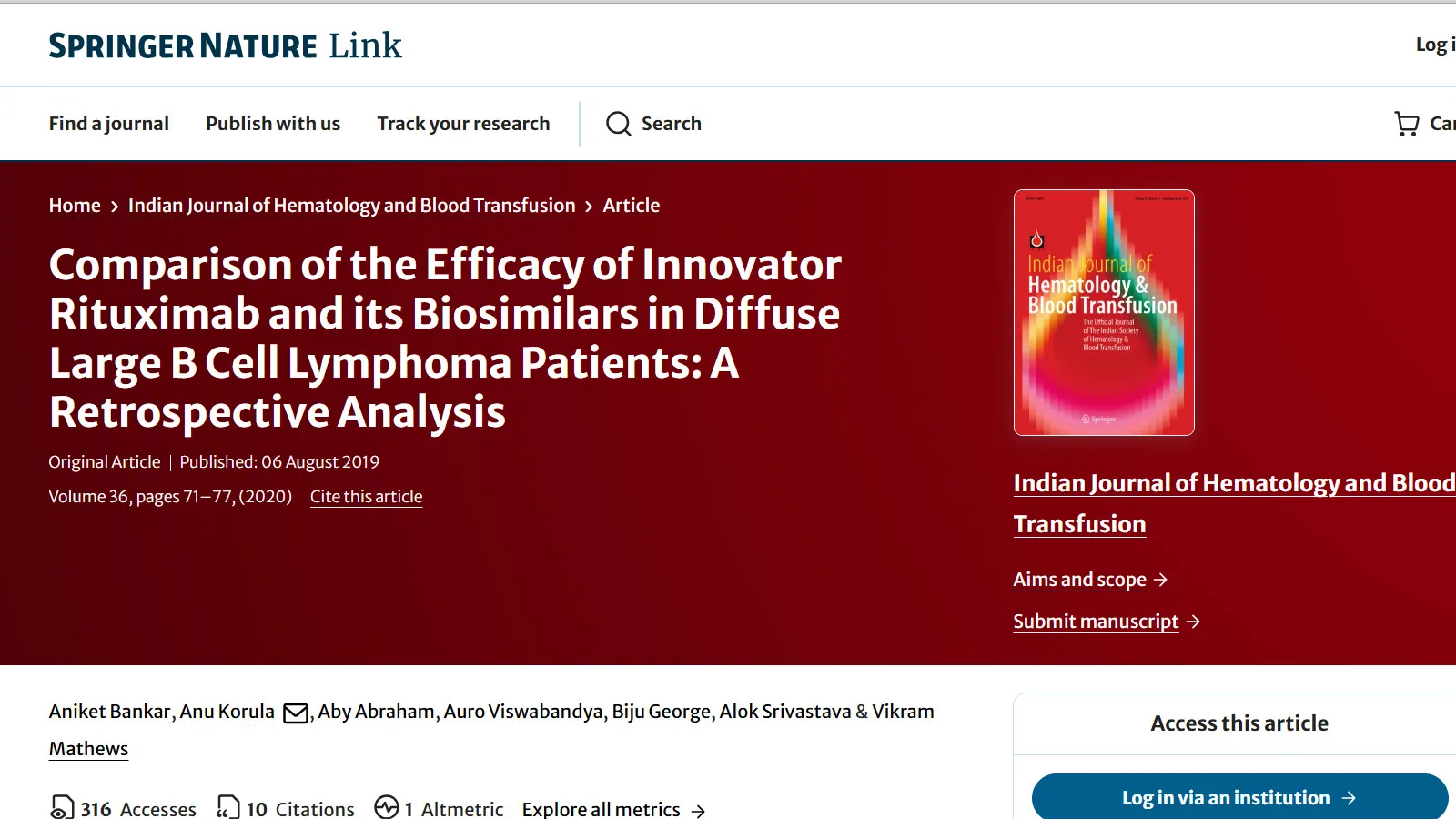
- Publication
- 06-08-2019
Comparison of the Efficacy of Innovator Rituximab and its Biosimilars in Diffuse Large B Cell Lymphoma Patients: A Retrospective Analysis
- Publication
- 30-09-2017
Infusion Related Hypersensitivity Reactions with Bio-similar Anti CD-20 Monoclonal Antibody Rituximab in Indian Patients: A Retrospective Study
- Article
- 30-09-2023
Temperature Upshifts in Mammalian Cell Culture: A Suitable Strategy for Biosimilar Monoclonal Antibodies?
- Article
- 16-07-2024


